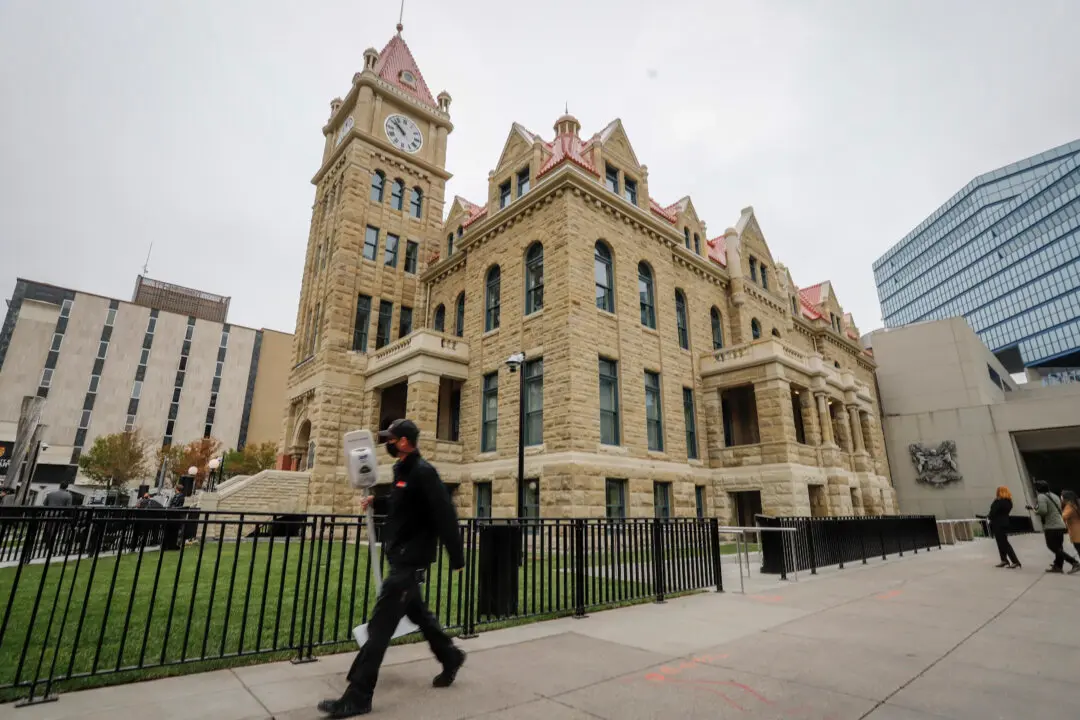Madison Welborne said it wasn’t until she heard the term “parental alienation” that what she had lived in her childhood came into focus.
“I went from being happy, outgoing, confident, and a strong-willed kid to having been diagnosed with childhood depression and anxiety disorder at the age of 9,” she said in an interview.





